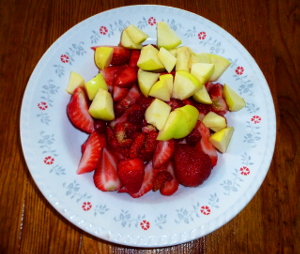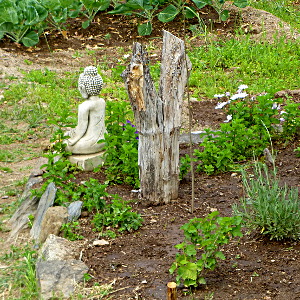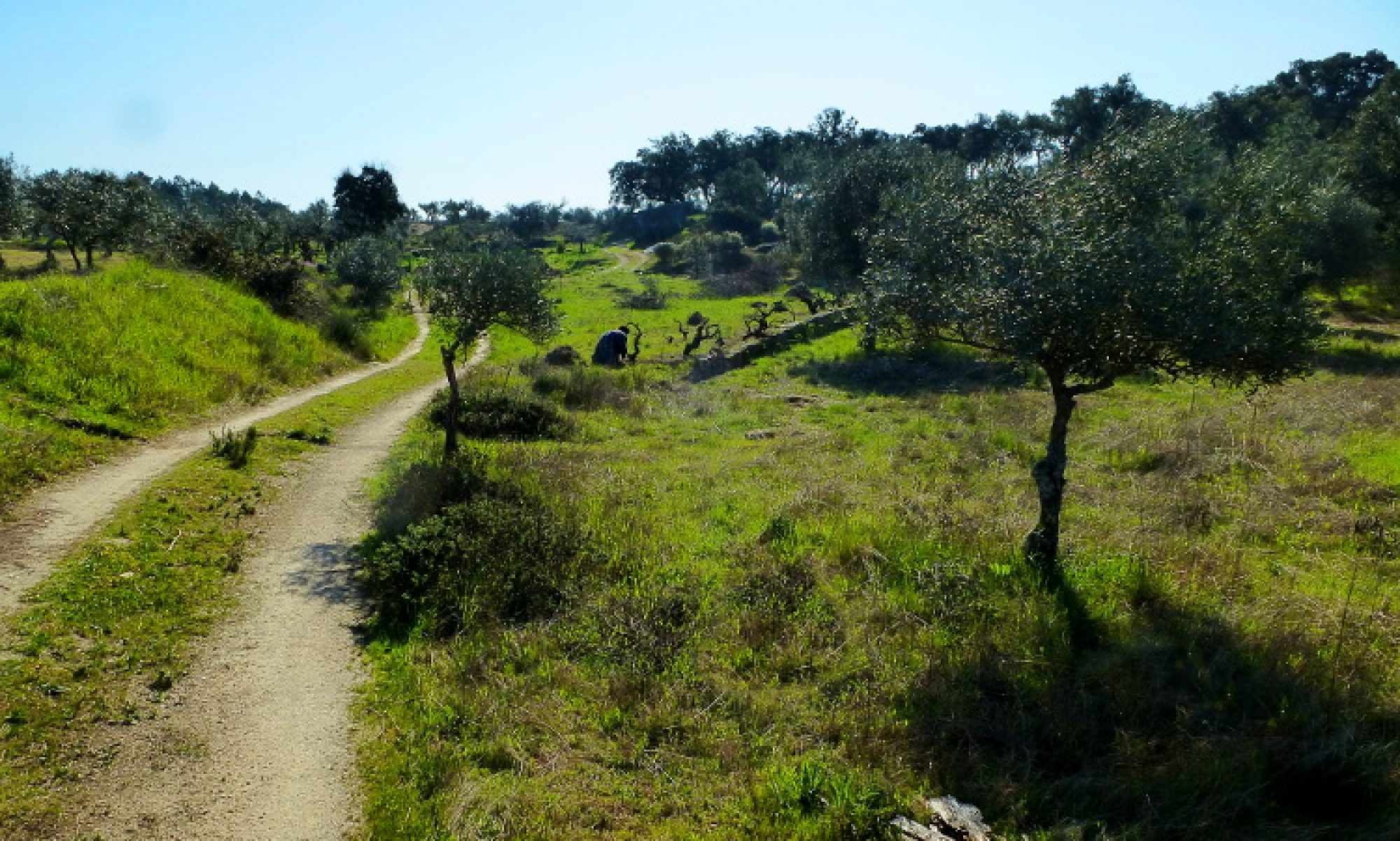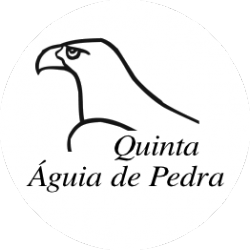Olives and olive oil
On the farm are currently 48 olive trees of the variety Cordeville (green) and Galega (black), with the predominance of the variety Galega. All olive trees are treated and fertilized exclusively organically without the use of chemicals.
Most of the harvested olives are processed into high quality olive oil. The smaller portion is pickled for consumption. Olives of the Cordeville variety are particularly suitable for consumption.
For the production of the olive oil we visit a small oil mill (Lagar) nearby, directly after or already during the harvest. Here we keep the storage time as short as possible to reduce the oxidation that starts immediately.
The oil mill is based on tradition and manual work; the olives are crushed with slow-moving millstones, the mash is homogenized in a horizontal closed vat (less oxidation) and cold pressed with a horizontal press.
The resulting olive oil also contains the drip oil, which is not removed separately. The oil is separated from the water in a purely gravity-based three-stage separation process, it sees a pump only once when it is transferred from the separation tank to the stainless steel storage tank. The whole process takes place slowly and extremely gently, in absolute contrast to industrial processing.
So, during the whole process, no massive force was applied; (almost) no pumps, no machine roar, no electric motors, no high speed, no centrifuge. Keyword: The memory of water.
Fruits – Wine
The largest share of fruit on the farm is of course yellow table and red grapes. We grow different varieties, the largest share here is the red grape Touriga Nacional (autochthonous red wine variety) and the yellow table / wine grape Arinto. The grapes, as far as they have not been consumed before, are fermented to an excellent wine. Depending on the yield, sometimes blended to make a country wine, only reds to make red wine, or only whites to make white wine. All 100 percent natural and traditional: no added sugar, no sulfite, no yeast, no pump!

We have cherry, peach, orange, apple and plum trees. And one pear tree. Other trees such as lemon or walnut are in growth and have been freshly planted.
Every year in the summer we grow delicious strawberries and on other land we have cultivated raspberries. In addition, the wild blackberry grows all by itself, from which jam is made.
All fruits are fertilized or treated only naturally. No artificial fertilizers or pesticides/insecticides are used.
Vegetables

In the garden of about 400 square meters (not the whole area is planted every year) potatoes, cucumbers, tomatoes, peppers and onions are grown as the main part of our annual needs.
As good as every year watermelon, carrot, sweet potato, green salad and cabbage are included. Depending on demand, desire and idea, other vegetables are tried. Mentioned here, for example, chili, spinach, honeydew melon or cauliflower.
Our small herb garden features peppermint, oregano, parsley, lovage, savory and barbecue herbs like curry herb.
Other Products
A small flock of chickens covers our need for eggs. And from time to time a chicken ends up on the grill or in the soup. Otherwise, we do not produce any animal food ourselves. For various reasons, our goal is to consume as little meat as possible, if any at all. However, if the craving for a hearty piece becomes too great, we buy locally from our local butcher.
The same goes for cheese. Here, almost in the neighboring meadow, there are the happiest sheep and thus the best (sheep) cheese in the area.
Despite all efforts to live as self-sufficiently as possible, we still can’t avoid buying products in the supermarket.

